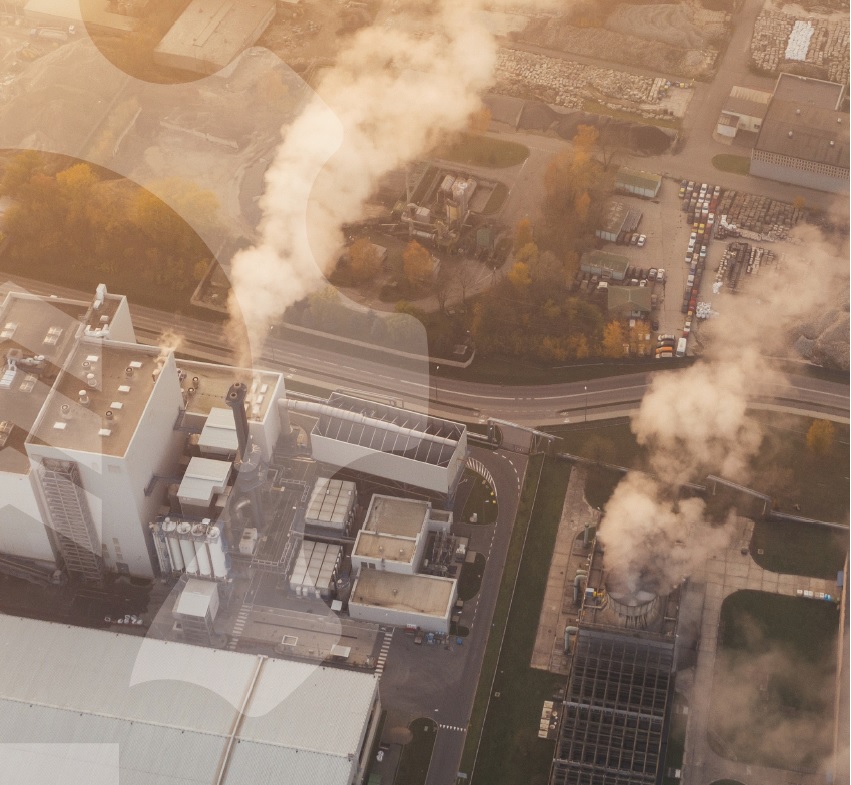Enabling the Communities of the Vale of Usk to address the Climate Emergency.

Cohort: Alpha
Organisation: Monmouthshire County Council
1. What was the overarching challenge?
Raising awareness of how individuals can understand their carbon impacts and take direct action to reduce them is difficult. Carbon literacy training can help address this and is already being delivered to staff across the Gwent region. This project sought to test whether the carbon literacy training could be delivered more widely and sustainably using a ‘train the trainer’ model.
2. Which aspects of the challenge were addressed in the experiment (the research question/s)?
The project sought to address two questions:
What are the barriers to implementation and sustainability of the community delivery model?
What mitigations can be put in place to address these barriers?
3. What was done to address the challenge?
The overall focus of the project was to explore how and if the carbon literacy training programme could be sustained beyond the planned lifespan of the project, by identifying barriers to implementing the ‘train the trainer’ model and measures to mitigate the identified barriers.
The associate managing the project worked internally with members of the procurement and sustainability team to explore the potential barriers to the delivery of the training. Whilst they were confident in the community delivery model, they recognised there was a risk of community members being unwilling or unable to dedicate the time to implement the ‘train the trainer’ approach. They therefore considered a ‘fall back’ position to provide a second line of MCC delivery staff who would be trained to deliver the requisite ‘train the trainer’ approach. These staff will then become ‘influencers’ to staff and internal stakeholders, whilst also being in a position to re-energise communities to meet the net carbon zero target of 2030.
The team used personal and user journey exercises to identify training venues that community members would feel comfortable using and want to attend. Over 80 suitable community facilities were identified.
The associate is now working with the procurement team to secure the services of a recognised provider to deliver phase one of the training. Drawing on presentations in the procurement lab, the team were keen to ensure the procurement practice was aligned to both their national and local policy drivers and will stay in step with their corporate values. Through their procurement practice they are also exploring how to maximise the social value of the project to the local communities and ensure that they own the changes they will be empowered to make.
4. Which aspects of Infuse were most helpful in addressing the challenge?
The project used a number of tools introduced through Infuse, including user personas, user journeys and stakeholder mapping, to consider how individuals and communities were likely to access and engage in the training. These all helped to embed a user-centred design to the delivery of the project. One of the more significant impacts of Infuse on the associate leading this work was the inspiration and sense of empowerment gained from Infuse’s ‘accelerating decarbonisation’ sessions, leading to the realisation that they could play a direct role in addressing the climate emergency through their own work.
5. What were the main lessons from collaborative working?
This project was an internal collaboration between the community team, the procurement function and sustainability colleagues. By bringing together these different departments, the project was better able to understand the differing needs of each service area and work together effectively to ensure the maximum benefit to the community, whilst making best use of the council’s resources.
6. Key findings
The key finding from this experiment was that internal collaboration across departments can provide differing perspectives that combine to plan and deliver a more impactful project. There were also some interesting findings for the Infuse programme more widely as a result of this experiment. These include a clear identification of how learning from Infuse can inspire individuals to reconsider what they do in their own roles to address the decarbonisation agenda. Linked to this, Infuse was found to provide tools which put the user at the centre of project design and help create more realistic expectations and outputs.
7. Next steps
The team are now moving from the procurement element into the delivery aspect of the programme. They have developed a monitoring framework to measure the impact of the project as it is delivered, and have several mitigation measures in place to iterate the implementation if the project does not go as initially anticipated. Their innovative work on Carbon Literacy in the community has also received international recognition and they have been invited to present at the COP26 Carbon literacy action day – https://events.zoom.us/e/view/QouiNtKjSWGHLsB8XptM-Q?id=QouiNtKjSWGHLsB8XptM-Q

